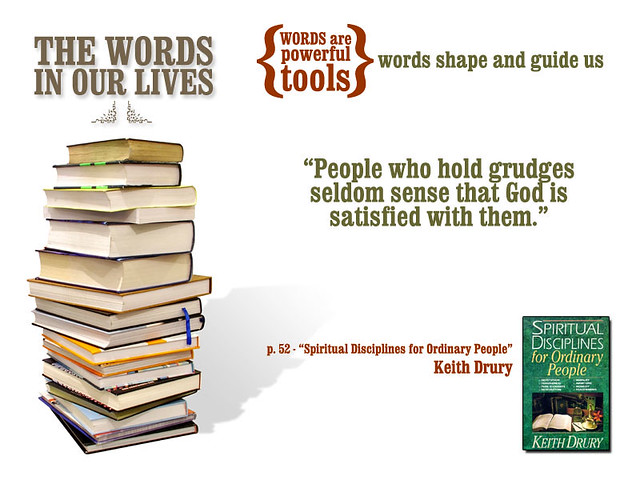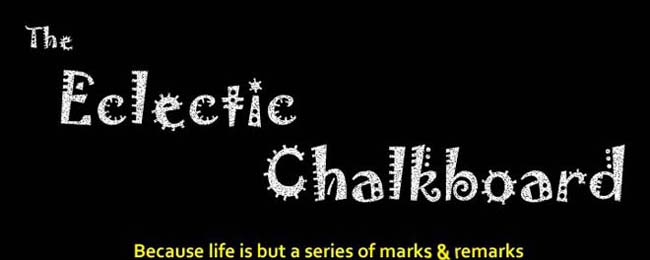WHO WILL BE MASTER? THE WORD, OR THE WORDSTER …

I don’t know which I dislike more. Turgidity or wordification. But I think I’m leaning toward disliking turgidity more.
Permit me to share an example of each to which I was subjected recently.
In a lecture hall of a college campus, we were told by the visiting professor, “It is endemic among noeticists to discontinuously reach ebullition when the prolixity of their paradigmatic disceptations are more casuistry than verity.”
What the WHAT? I knew the professor was speaking English, and yes, it is expected that students in post-graduate classes have a higher than fifth grade grasp on communication, but … what the heck did he say?
Roughly translated, it means that sometimes smart people argue “violently” when their long-winded discussion becomes more fiction than fact. So why couldn’t he have simply said that?
Turgidity.
That is, language which has become pompously embellished. Now, I know that the word turgidity is not exactly common either, but I really like it because it sounds like it could be related to turds. Which, it could be loosely argued, it is. After all, many of the comments by those who were listening to the visiting professor, included the word, “s#!t.” As in, “What kind of s#!t is this guy saying?”
The second example is what I call, wordification. The making up of words which, within context, can actually make sense to those listening. Incidentally, wordification is a word I made up.
At a community discussion regarding the deteriorating state of public education, one of the speakers, a middle-school teacher, with heart-felt passion, said the following: “With all seriosity, I emplore are leaders to stop dumb-downing education goals and lifting are sights to set higher goals. We need, with all seriosity, to begin the progress of undumbifying are children if they are ever going to dream about getting ahead. They have a dream and we must stop turning them into nightmares by ignoring them in the abakiss of despair.”
Granted, her passion was obviously genuine, and she received applause at the end of her comments (which continued on in a similar vein), but might we be able to be taken more seriously without the made up words? Or worse, the sad misuse of words? (I’m not sure, but given the context of her comments, I think she meant to say the “abyss of despair.”)
Somewhere in between turgidity and wordification lies simple communication. Truthful communication.
Somewhere in between saying what you mean and meaning what you say lies simple understanding.
We have to get away from the Humpty-Dumpty approach to communication. In Lewis Carroll’s “Through the Looking Glass,” Humpty-Dumpty says to
To which I would reply, it is time to stop making the same words mean so many different things.
It’s time to stop hiding our ignorance behind the veils of our vanity. And it’s time to stop feigning our intelligence behind the whimsy of our wordification.
It’s time we let our yes, be simply yes. And our no, be simply no.
Otherwise, we’ll be left to suffer the words of a former spokesman for the State Department, Robert McCloskey, “I know that you believe that you understood what you think I said, but I am not sure you realize that what you heard is not what I meant.





No comments:
Post a Comment